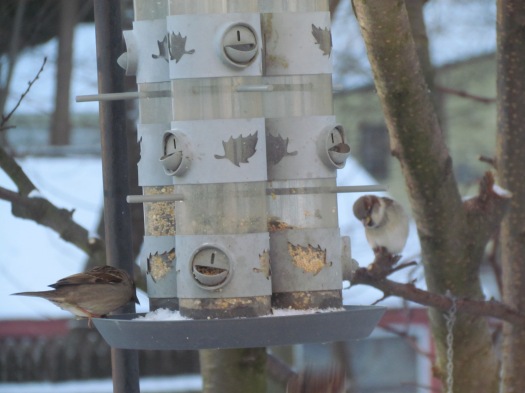 There aren’t many times when I feel misunderstood.
There aren’t many times when I feel misunderstood.
Let me clarify.
There aren’t many times when I stay feeling misunderstood.
There’s nothing worse than trying to explain how you feel/think/believe and having someone furrow their brow in confusion.
I try very hard to communicate well, and not just because I love words and sharing ideas. A lot of it has to do with sharing myself; what’s the point of communicating if you don’t do it clearly? And how can you convey your actual self if no one understands what the heck you’re saying?
I feel misunderstood, sometimes, when I speak too passionately, too quickly, and find myself overwhelming my listener. My family has mastered the art of discerning when to take me seriously and when to smile, pat my shoulder, and let me cool down a bit. Come back to me later, Cath, when you’ve simmered down.
[They’re not always quite so kind, but they don’t rise to my bait as much as they used to…]
It’s not that I care less than I seem to when I’m spouting about a wrong-doing, a wrong-thinking, or what I perceive as wrong-whatevers.
It’s that it’s never the full picture.
I probably care as much as I seem to, but deep down there’s a logical side, too. The side that puts things in perspective, that reminds the other part of me that passion is important, but so is rational thinking, decision-making, and action. They don’t amount to much in isolation – they must be combined to mean anything.
~ ~ ~
I wrote earlier about reading my old journals, sifting through page after page of angsty emotion, thought, and concern for the future. This made me a little sad about- and a little terrified at – the image I was projecting.
What will my children think if they ever get their little paws on those journals?
They’ll see only a slice of what it meant to be me growing up, wrestling with tough questions, trying to understand what it meant to be a creation of God but also being terribly insecure in that fact.
It’s kind of like first impressions, really, the one-sidedness of them. The way I decide in a moment if I will like someone, and even if that decision is based on entirely decent observations, I am forgetting the depth of that person. I am cheapening them to a cardboard cutout. I am closing the door to giving them the humanity I so very much desire for myself.
There are few things more frustrating than feeling like you’re misunderstood, like you’re only half-seen.
Don’t half-see people. Let’s both try.


















